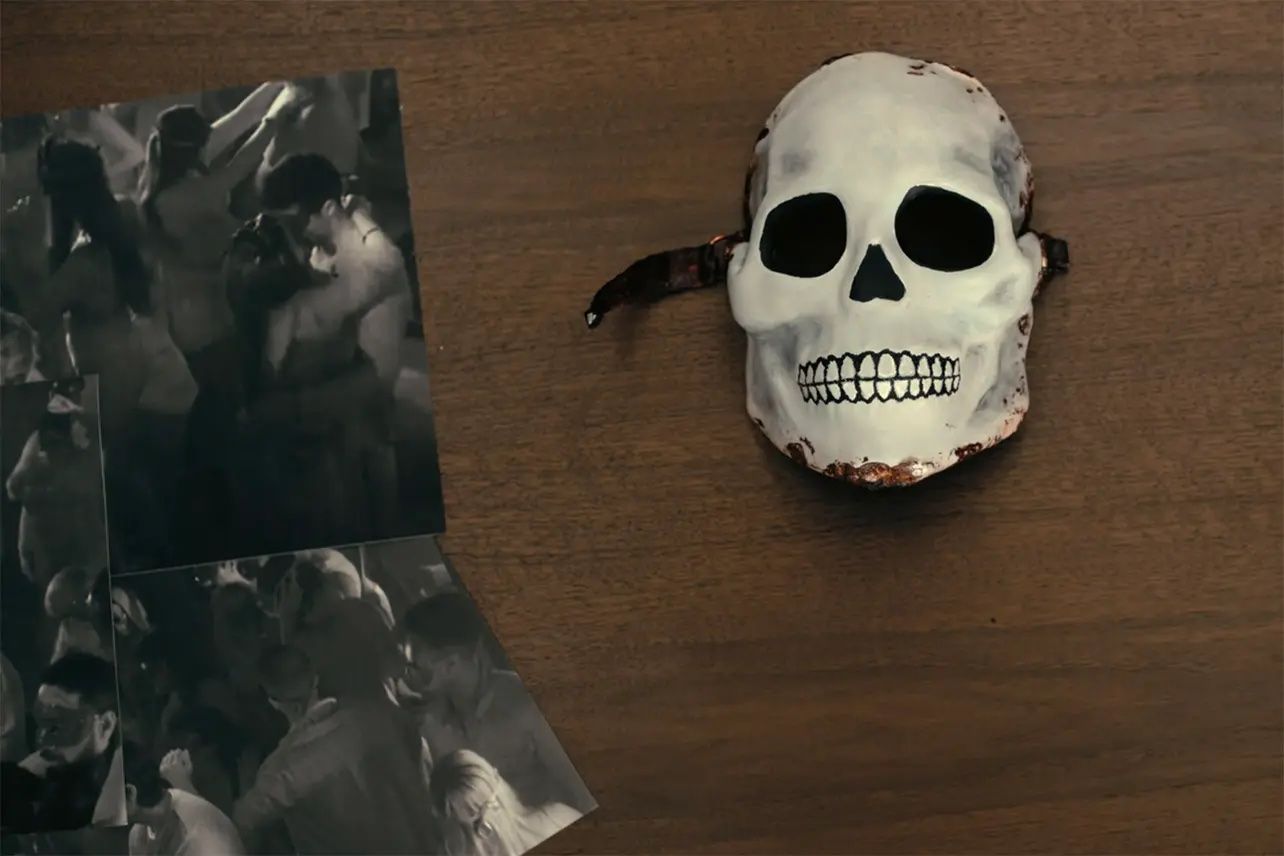
The Fall of the House of Usher — Episode 3 Recap
- Oct 16, 2023
Navigating through the twisted tales of the affluent and nefarious, "The Fall of the House of Usher" unearths yet another startling episode that grotesquely literalizes the phrase “eat the rich” in its storytelling. "Murder in the Rue Morgue," with an undertone lifted from Edgar Allan Poe's creations, marks a dark journey through which Kate Siegel’s character Camille, a sultry and downright detestable PR mastermind, becomes her own undoing. Engaged in a bitter vendetta against her half-sister Victorine, Camille ultimately succumbs to her demise via an irate chimpanzee, an exit as lavish and extraordinary as her life.
Verna, a character enveloped in enigma, extends an almost remorseful demeanor before releasing the primate chaos upon Camille. Her role becomes clearer as not only a harvester of death to the Usher heirs but also a harbinger of last chances, offering them an opportunity to abandon their malevolent paths and perhaps find peaceful, natural ends. Yet, the Usher progeny, stubborn and unyielding, reject warnings. Prospero insisted on his fateful party, and Camille, forever harboring animosity towards Victorine over professional choices while masking their inherent sociopathic tendencies, was determined to slander her sister publicly.
Consequences, a thematic undertow, ripple through the Usher family. Napoleon, disregarding the prudent path, hosts a chaotic, drug-laden party, only to wake amidst the bloody remnants of his own violent act against his pet during a blackout. This dark twist strikes a particular chord given Napoleon seemed to be the relatively benign Usher, dabbling innocently in video games and superficial vices while also showing a semblance of empathy towards Perry, especially following his gruesome demise. His descent into violent acts in a drug-induced stupor, especially juxtaposed with an episode exploring ethical responsibility towards animals, paints a sinister future.
In another unsettling development, Freddie and his daughter Lenore grapple with the macabre aftermath of the chemical orgy, particularly feeling the weight of Morelle's ghastly condition and the fury of Roderick. Lenore is horrifically subjected to her mother's frenzied and painful unmasking of her own chemically-marred visage. The episode doesn’t shy away from stark, visceral imagery, jarringly portraying the consequences of the Usher family's malevolence and narcissism.
Even the indulgence in kink, a sub-theme, stumbles into precarious territories in this episode. Camille's capricious sexual liaison with assistants Toby and Beth unravels when their affection for each other challenges her whims. A notably brazen and comedic tirade from Camille, demanding satisfaction while asserting her dominative indifference towards them, culminates in their dismissal amid her insatiable demands.
Meanwhile, Tammy and BillT’s intimate escapade becomes an eerie tryst with death when Verna, in disguise, infiltrates their usual arrangement, demonstrating an intimate knowledge of BillT’s work that even Tammy lacks. Unbeknownst to Tammy, her erotic engagement is laced with the peril that encircles her husband in the form of death’s incarnate, adding an unsettling layer to their intimate dynamics.
Embedded within the episode, monologues by the wealthy and morally bankrupt Roderick Usher and Rufus Griswold convey a chilling worldview to Auggie Dupin and a younger Roderick respectively. Roderick cynically contorts the “lemons into lemonade” adage into a dark capitalist fantasy of exploitation, illustrating the unscrupulous lengths to secure success and wealth. Griswold, similarly, expresses a ruthless approach towards ideas and innovation, likening them to mere “farts” of the brain unless utilized efficiently. Such views underscore the pervasive, immoral justification of exploitative practices amongst the wealthy elite, and they reinforce the narrative's core sentiment: the ultra-wealthy are culpable and warrant severe repercussions for their actions.
"The Fall of the House of Usher" persists in mingling elements of explicit violence, sexual nuances, and actors delightfully embodying their villainous roles, all underpinned by a steadfast narrative belief that the super-rich must indeed face brutal retribution for their malevolence. This intriguing amalgamation of themes perpetuates a grotesque yet enthralling narrative, leaving little to dispute its captivating allure.







